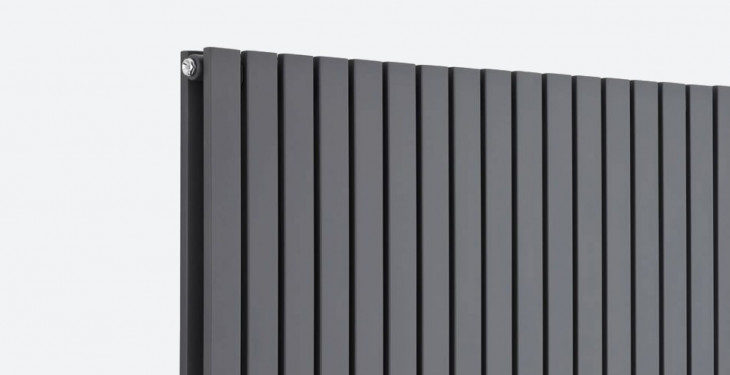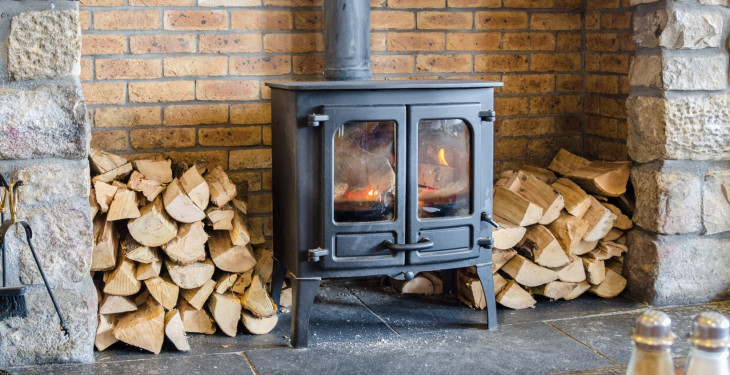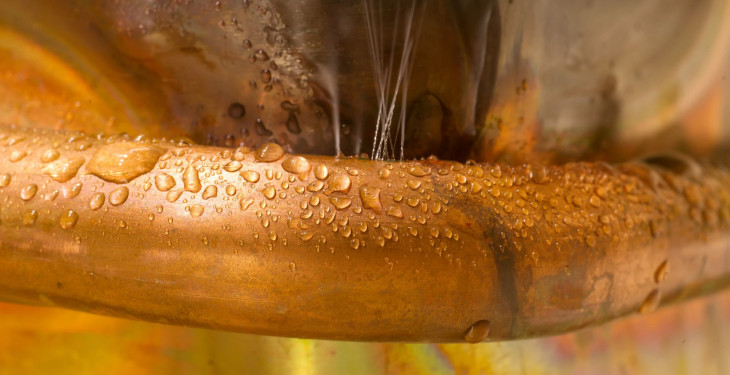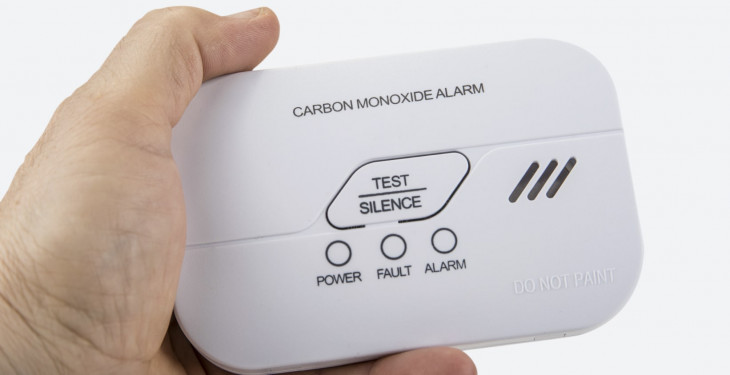

Written by Stephen Day
Gas Safe Engineer
Updated: 6th February, 2026
By upgrading your old, inefficient heating system you can improve your home’s temperature control and even reduce energy bills.
Get a new boiler quote, save up to £550 per year (0% APR available).
In this blog we’re going to be exploring the costs and benefits of getting a new boiler, and some signs you should be considering it.
A central heating system is an infrastructure designed to heat a property from a central point or heating source.
The most common type of central heating system in the UK is a gas boiler, popular due to their efficiency and cost effectiveness.
A gas boiler heats up radiators in different rooms around the home, allowing for general or zonal heating.
Check our new boiler cost guide to breakdown any questions you may have about heating your home.
Another important aspect of a central heating system are radiators, each contributing to the effectiveness of a boiler's ability to delegate its heat production.
Radiators can vary massively in price from £20 into the low thousands dependent on their size, model and property population.

The majority of boiler installations consist of replacing or ‘upgrading’ an existing boiler with a new model.
There are many reasons as to why upgrading your boiler is a good idea. older antiquated models can be far less efficient in terms of their energy conversion to heat, modern boilers are meticulously designed with efficiency ,and in most cases eco consciousness, in mind.
Age of Boiler | Efficiency Percentage | Efficiency Rating (ErP) |
0+ Years | 90% + | A |
10+ Years | 85% + | B/C |
15+ Years | 80% + | C/D |
20+ Years | 70% + | E/F |
25+ Years | 60% + | G |
The direct correlation between a boiler's age and its efficiency is clear to see in the newer systems’ ErP.
Combis or combination boilers, combine all components and aspects of a heating system (central heating and hot water production) into one succinct and powerful unit.
Their economic size, quick flow rates and dual functionality means combis are extremely efficient and effective when heating a multitude of property sizes, being best suited for small to medium sized homes with 1-2 bathrooms.
System boilers perform best in homes with a high hot water demand, specifically either larger properties with a higher number of residents or properties with two or more bathrooms.
System boilers store hot water in a separate cylinder which provides constant flow access but requires additional (minimal) storage space.
System boilers can service multiple flow outlets at one time, meaning no one in a larger home would be standing around waiting for a shower.
A heat only boiler provides the heat for a home's central heating system and hot water cylinder. A heat only boiler is suited to servicing larger properties with multiple bathrooms/radiators or a business premises with a high water demand.
Heat only boilers do require sufficient installation space within a property, as they use two storage tanks (feed & expansion) as well as the aforementioned hot water cylinder.
Although a combi is generally considered more space saving, a modern heat only boiler is still compact and can supply more bathrooms with hot running water than a combi can.
Even if your current boiler isn’t a combi and operates on a different system, you can still convert to a sleek and powerful combi.
System, heat only (regular) and back boilers are all capable of being converted into a combi that will both boost your heating and reduce your bills.
Firstly, some due diligence needs to be carried out, combi boilers run off the mains water supply, so you need to ensure the pressure from your cold tap is sufficient.
The cold tap is the key indicator of a combi’s suitability as often system and regular boilers have pumps on the showers to increase pressure, and if they should be converted into a combi, these pumps would be removed along with the property’s hot water tanks.
Combi conversions which require a full system change will take more time and therefore cost more money up front, but may save you more long term.
An old, inefficient back boiler can actually be converted to a combi or system boiler; systems can work out cheaper in terms of the conversion due to a lot of the pipework remaining the same.
However, most people opt for the combi conversion as an upgrading of the entire system could be more efficient in the long run, and may ensure less future faults, reducing repair or maintenance costs.
At iHeat we advise that every installation and conversion is a unique undertaking and time frames are intended only as a guide - for a back boiler conversion carried out by a Gas Safe engineer we recommend you should allow for up to two days of work.

If your boiler is showing signs of serious degradation or function impairment, it’s time to replace it.
If possible, summertime is the best time to replace a boiler as you’re less reliant on central heating in hotter months and engineers are usually less busy.
Anytime a boiler is between 10-15 years old, you should look into having it replaced, even if it’s only showing signs of general wear and tear, component failure or performance degradation often becomes increasingly likely.
Apart from the obvious complete breakdown, there are several signs to keep on the lookout for that may be warning you that your boiler is on its way out.
Leaks can be fixed depending on their severity, but should always be treated as a priority issue that if sizeable or fast flowing can be a major problem, and needs rectifying ASAP.
Repeated error codes can also be a cause for heating concern especially if they result in a boiler being ‘locked out’ (system forced shut down) for damage limitation purposes.
If your boiler regularly needs some kind of maintenance, or performs sub-optimally most of the time there may be serious component issues.

Any boiler issue is obviously important to get remedied as soon as possible, but in a triage system of urgency, some issues take precedence.
You can consider any of the following an emergency boiler matter:
Suspected gas leak (natural gas or carbon monoxide)
No heating or hot water during winter (especially important if you have children in the home)
Water is streaming out of a boiler or pipe at a very quick rate

Despite recent misconceptions that there is a looming ‘ban’ on gas boilers, this is actually incorrect!
It’s still completely legal to buy and install a new gas boiler in any type of property, the supposed ‘ban’ only applies to new build properties after 2025.
There is no current financial penalty to keeping an existing gas boiler in any type of property past 2025, or installing a new gas boiler in any pre existing property past 2025.
New gas boilers blend efficiency, safety, cost effectiveness and versatility, hence their constantly rising popularity.
Get a quote in 60 seconds, fitted as fast as next day!
0% APR finance available.
Last updated: 6th February, 2026

Written by Stephen Day
Gas Safe Engineer at iHeat
Stephen Day is a Gas Safe registered and FGAS certified engineer with over 20 years of hands-on experience in the heating, cooling, and renewable energy industry, specialising in boiler installations, air conditioning, and heat pump systems.
LinkedInArticles by Stephen Day are reviewed by iHeat’s technical team to ensure accuracy and reliability.

19th February, 2026
Selecting the appropriate boiler for your London home involves understanding the different...
 Read Article
Read Article

19th February, 2026
A typical Annual Boiler Service includes a visual inspection to identify any obvious fault...
 Read Article
Read Article

19th February, 2026
Boiler servicing comprises a set of inspections and tests conducted by a qualified enginee...
 Read Article
Read Article
No obligation. Takes less than 60 seconds.